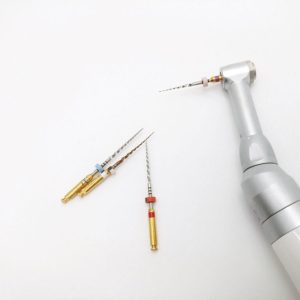By Sabrina Corlette and Maanasa Kona
For the first time in three years, states have begun (or are about to begin) conducting redeterminations of eligibility for Medicaid. Under COVID-19 relief legislation enacted in March of 2020, state Medicaid programs were given a boost in federal financing so long as they refrained from terminating coverage during the public health emergency. Since February 2020, enrollment in Medicaid and the Children’s Health Insurance Program (CHIP) has grown by 19 million people. Starting April 1, 2023, states can once again terminate Medicaid and CHIP coverage for people they deem ineligible.
As states prepare to resume Medicaid redeterminations, government officials are focused on strategies to promote continuity of coverage to minimize the number of people who become uninsured or face a gap in coverage. The federal Centers for Medicare and Medicaid Services has provided states with guidance on when and how to conduct redeterminations, and the federal health insurance marketplace has dramatically increased funding for consumer outreach and assistance. Several state-based marketplaces are also preparing innovative programs, such as auto-enrollment and premium assistance, to ease coverage transitions.
However, even those who successfully shift to another coverage option face the risk of disrupted care and loss of access to providers they were seeing under their Medicaid plans. Many of these people will be in the midst of treatment, pregnant, or have serious chronic conditions. It is, therefore, critically important for states to develop strategies to promote continuity of care.
In their latest post for the Commonwealth Fund’s To The Point blog, CHIR’s Sabrina Corlette and Maanasa Kona review existing state-level continuity of care protections and discuss options for states seeking to ensure that ongoing, critical care for those in the midst of treatment, pregnant, or managing a chronic illness is uninterrupted. You can access the full post here.





